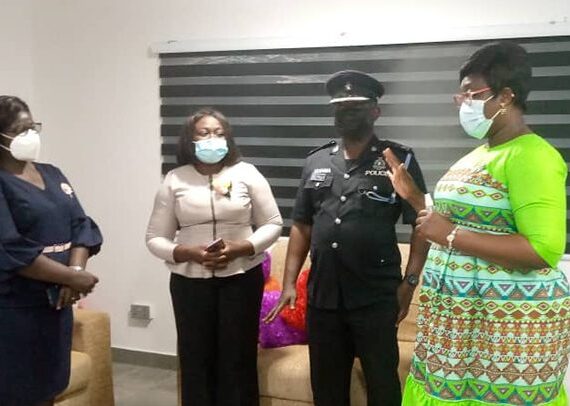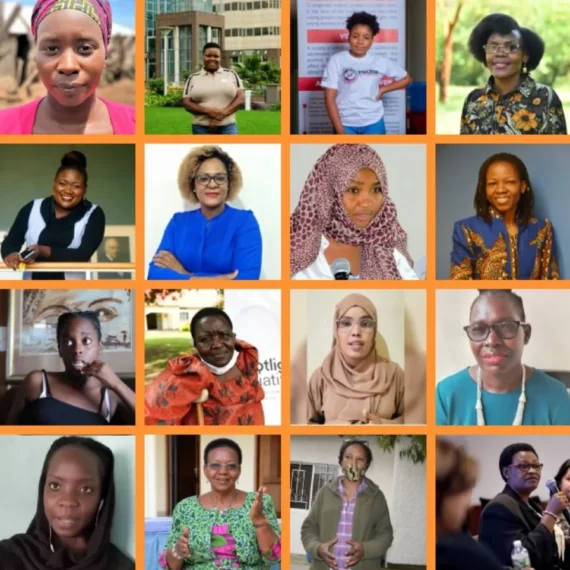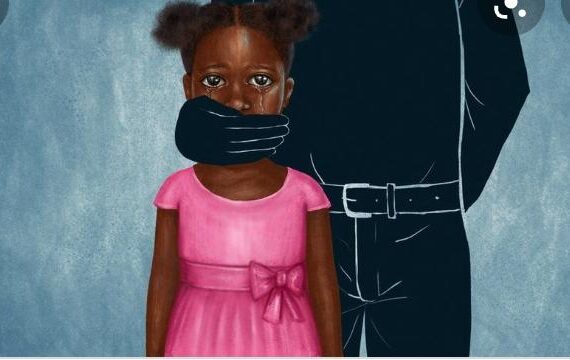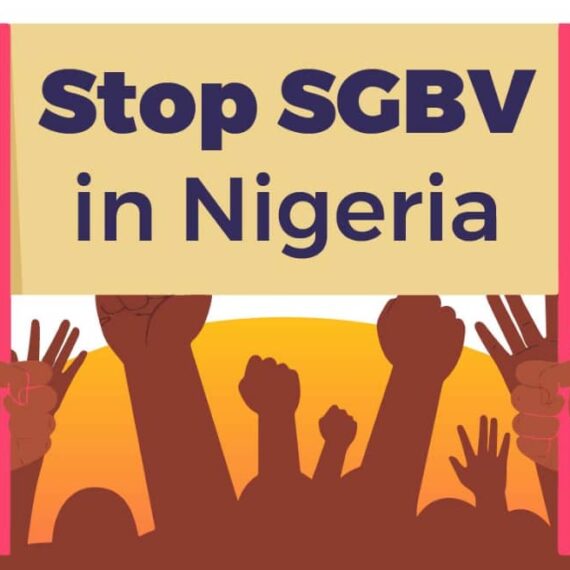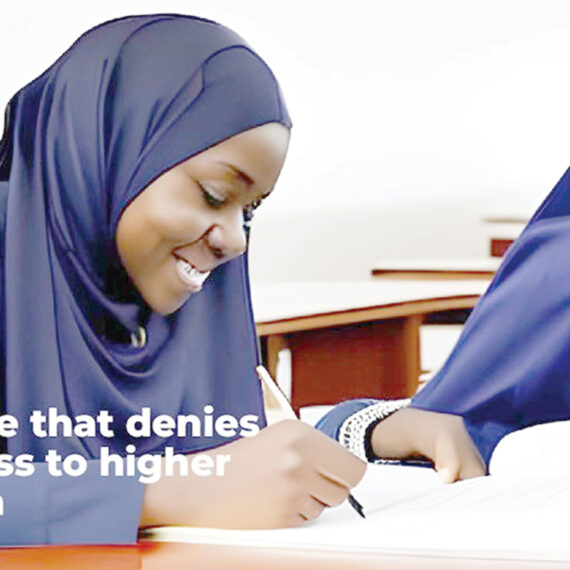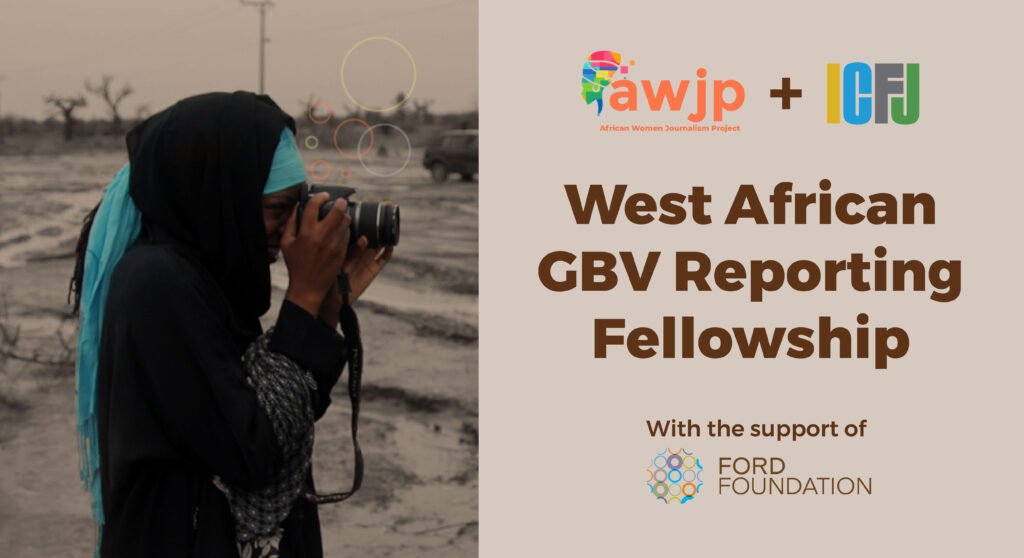Child-Friendly Interviewing and GBV Courts, the Right Step in Protecting Women and Children
“Privacy relates to an individual’s ability to determine for themselves, when, how, and for what purpose their information is handled by others. The most painful thing in life is to walk in town knowing very
When abuse becomes the order of the day: The untold stories of women suffering in marriages
“It took me thirteen good years to gather courage to walk out of a hell of a marriage, I was initially afraid but I realised I was gradually losing my sanity so I had no choice than
The Ordeal of Young Zongo Girls in the hands of Sexual Predators
Community Sexual abuse of young girls in the Zongo community has become rampant with perpetrators going unpunished. In recent times, we hear stories of girls as young as 9 months old being sexually abused by fathers,
Tragic deaths reveal gaps in Nigeria’s handling of GBV cases
In June 2021, fourteen-year-old Keren-Happuch Akpagher died after allegedly being raped at her boarding school, sparking outrage due to the circumstances and the challenges faced in seeking justice. Keren’s mother, Mrs Vivien Vihimga Akpagher, revealed that
How River Kaduna Denies Girls Access To Higher Education
After several appeals by residents of Kurmin Kaduna in Igabi Local Government Area of Kaduna State for a junior secondary school, respite came when the Kaduna State Government granted the approval that has seen many
